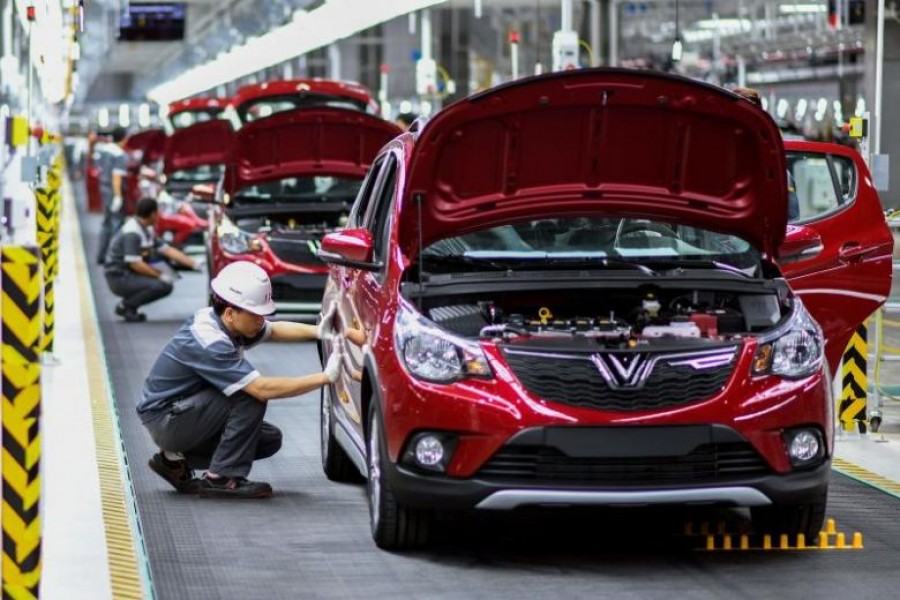Vietnam's gross domestic product (GDP) expansion is projected to decelerate from 7.1 per cent in 2018 to 6.6 per cent in 2019, due to slower export growth and weaker agricultural production growth, according to the World Bank's latest report in economies in East Asia.
Vietnam's medium-term outlook remains broadly positive despite persistent downside risks, with its economic growth expected to moderate in 2020 and 2021 to a more sustainable pace of 6.5 per cent, local daily newspaper Vietnam News quoted the bank's East Asia and Pacific Economic Update as reporting on Friday.
The growth forecast is unchanged from World Bank's April report.
Inflation this year is projected to be 3.0 per cent, below the government's 4.0 per cent target. However, Vietnam remains heavily exposed to global economic sentiments given its high trade openness and limited fiscal and monetary policy buffers.
With a trade to GDP ratio of close to 200 per cent in 2018, Vietnam is exposed to heightened uncertainty and potential disruptions to global supply chains, the bank said.
It also forecast growth in developing East Asian and Pacific economies to slow from 6.3 per cent in 2018 to 5.8 per cent in 2019 and to 5.7 and 5.6 per cent in 2020 and 2021, respectively, reflecting a broad-based decline in export growth and manufacturing activity.
Despite a weaker external environment, Vietnam is projected to maintain economic growth this year and next year at 6.8 per cent and 6.7 per cent, respectively, the Asian Development Bank said in an update of its flagship annual economic publication released late September.
Vietnam made GDP growth of 7.08 per cent in 2018, the highest rate over the past 10 years, up from the annualised target of 6.5-6.7 per cent, according to its General Statistics Office.
The country's top legislature has set a target of attaining GDP growth of 6.6-6.8 per cent in 2019.


